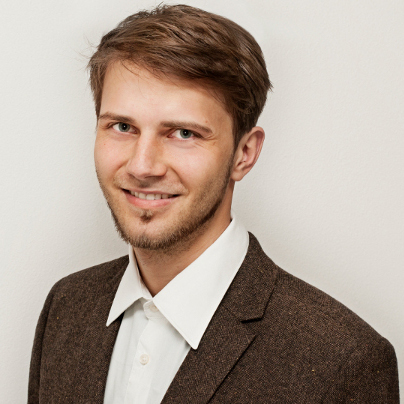Developments
Tobias extensions for OpenFOAM®, and his own developments and investigations
Since Tobias started using OpenFOAM®, he investigated into different topics regarding computational fluid dynamics. For some analysis, he developed his applications (solvers) or libraries. Additionally, Tobias is highly interested in c++ programming and transferring theory into a working application. Thus, he initiated different projects that are of arbitrary interest. Most of the extensions are related to OpenFOAM® and computational fluid dynamics.
Thousands of hours were spent into code extensions, updates, and new development
Tobias feels honored to share the developments with the community and hopes to get interesting feedback and also collaborations with other people. The main idea is to make the open-source project »OpenFOAM®« successful, flexible, and easier to use. Additionally, the more material people share, the easier it gets to investigate different topics, and it is good to have open source activities in the community rather than using the toolbox, develop interesting libraries, applications, or extensions and keep it closed. On the other hand, Tobias knows the reasons for that regarding founding, monetary intentions, and others.
Never forget that OpenFOAM® is free for everybody as well as the extension made by Tobias Holzmann; it is hard work
If one wants to be part of any contribution or wants to extend it, feel free to do it, and make a pull request. Furthermore, Tobias is always happy to get new collaborators who are interested in extending the project he is working on. It should be evident that contributors will also be part of the toolbox and will be mentioned wherever it is possible. Tobias honors everybody who is supporting him. Thanks for reading, by the way, did you know that Tobias' birthday is the first of May?
Thermo-Kinetic-Calculator
The open-source project for thermo-kinetic calculations using a detailed chemistry mechanism. Invented by Tobias in the year 2014
CRECK Flamelet Model
A combustion model based on the steady-state laminar flamelet theory for OpenFOAM®. Model build by the CRECK modeling group
Mesh Quality
OpenFOAM® object function to write mesh quality fields such as cell volumes, cell types, orthogonality and others
Gray-Scott Model
A two-equation model that can be used to investigate into new numerical discretization scheme investigations. The model was developed during the year 2017
laplacianDyMFoam
The extended laplacianFoam solver including the handling of dynamic meshes. Primarily developed for the OpenFOAM® training case named ACMI heat transfer
Below are the extensions and developments Tobias Holzmann made which are also added to the »OpenFOAM Foundation« version. For transparency, the commit is added and linked respectively. Tobias is thankful to the people from the »OpenFOAM Foundation« regarding the discussions of the c++ implementation and that his code, even if it is just a small contribution, is added to the development branch. Thus, accessible for the whole OpenFOAM® community.
The Comfort Function Object
The comfort function object offers you the possibility to calculate the PVM and PPD values at the end or during your CFD simulations on the fly. The library is based on the Norm DIN ISO EN 7730:2005 and was added to the OpenFOAM® Foundation Dev line on 20.10.2019. See the commit: 280c055
The Age Function Object
For different analyses, one may calculate the mean age of air (AoA). The already implemented »age« object function was extended to allow the calculation of the residence time of an arbitrary fluid inside a room or numerical domain. The extension was pushed to the OpenFOAM® Foundation Dev line on 08.10.2019. See the commit: a2a74cb
Region Support for IDEAS
Tobias works mainly with Salome and exports meshes using the »ideas-unv« format. However, for conjugated heat transfer cases, the mesh could not be set as a region by default. Thus, this patch extends the »ideasUnvToFoam« application to add the »region« specifier as an argument. See the commit: 16d810c
The CHT Residual Implementation
Tobias Holzmann first implemented the residual control functionality to the conjugated heat transfer solvers of OpenFOAM®. With this extension, it was possible to use the PIMPLE algorithm with an appropriate stop criterion. After the release of the functionality, there were a lot of changes done for consistency reasons. The original implementation almost vanished and was replaced by a more sustainable implementation. See the commit: a884a44

